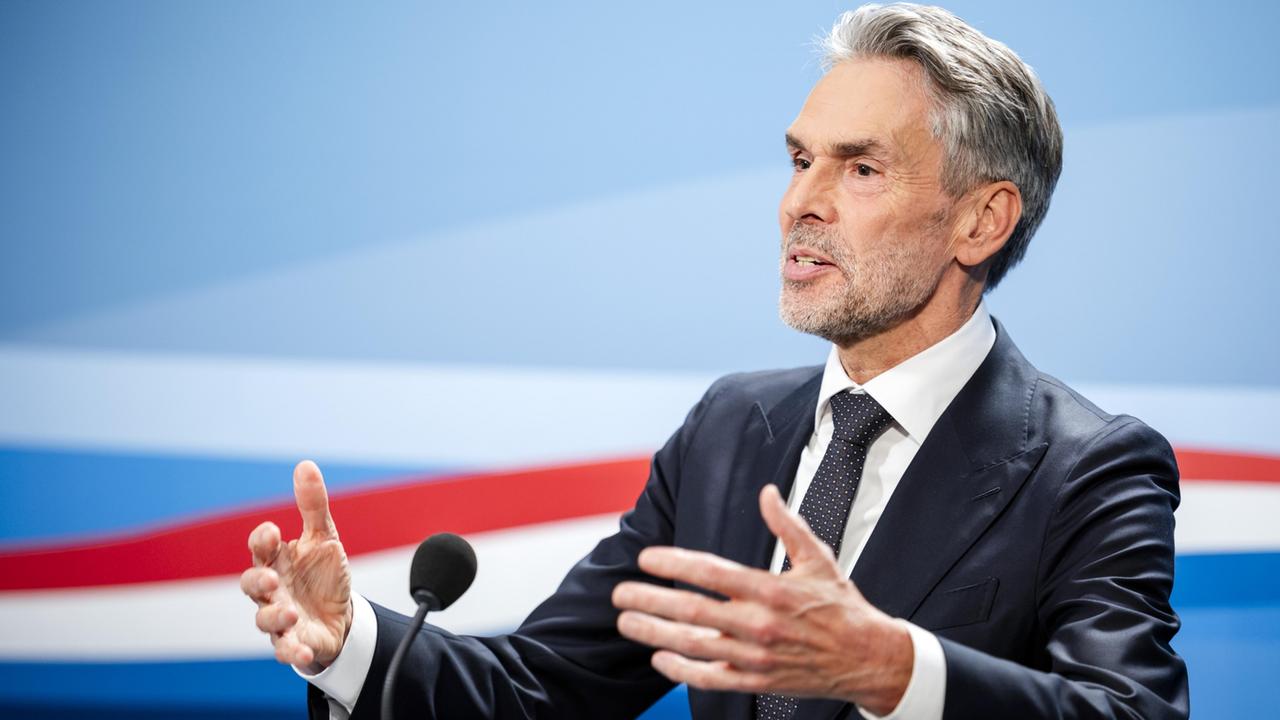The Dutch far-right government has presented a legislative package for tougher asylum rules and border controls. However, controversial plans to declare a state of emergency because of the “asylum crisis” are off the table.
The Netherlands wants to introduce border controls from the end of November and send migrants who entered illegally back to Belgium and Germany. The border controls are part of a legislative pact to tighten asylum law, which Prime Minister Dick Schoof presented to parliament in The Hague. The four government factions, including the radical right-wing party of populist Geert Wilders, had agreed on this.
The government also wants to declare parts of Syria safe areas and send refugees back to their homeland. People without asylum status should be deported more quickly and refugees with a residence permit should be accommodated in modest accommodation such as container apartments. Both chambers of parliament still have to vote on the proposals for stricter asylum law.
Limited Residence permits
According to the announcement, the permanent residence permit for asylum seekers is to be abolished. Instead, the residence permit will be limited to three years and will then be checked for possible extension in individual cases.
In addition, a law that obliges municipalities to provide housing to migrants is to be abolished. The possibilities for family reunification would be restricted.
Schoof explained that he could not estimate how the measures would affect “in concrete numbers”. However, they would limit migration, as announced by his right-wing government. “The whole package will undoubtedly have an impact on how many people come into the Netherlands and how many leave,” the Prime Minister said.
“Physical solution” and “chaos”
The criticism is not only great among the opposition. Lawyers, authorities and municipalities doubt whether the plans can be implemented. The association of municipalities that have so far been responsible for accommodating the refugees spoke of “chaos”.
Border municipalities reject the planned controls. These are a “harmful development” and a “sham solution”. The municipalities also point out that German border controls regularly cause traffic jams and accidents. Transport companies complain about increased costs due to delays.
No Emergency laws
However, the idea of a state of emergency, advocated primarily by Wilders, is off the table. This meant that measures could be ordered without parliamentary approval. But because of major doubts about the legality, coalition partners did not want to agree. To prevent the fall of the government, Wilders renounced the emergency laws.
Wilders described the measures now presented as historic and “the toughest asylum policy ever.” Tightening asylum law is a central goal of the right-wing coalition, in which the Wilders party is also involved for the first time. The number of asylum seekers in the Netherlands remains stable at around 40,000 per year. However, there have been major problems accommodating people for years due to austerity measures and a general housing shortage.
In September, the Netherlands applied to the EU Commission to be exempted from common asylum rules. However, EU Interior Commissioner Ylva Johansson rejected this request, citing the EU treaty.




